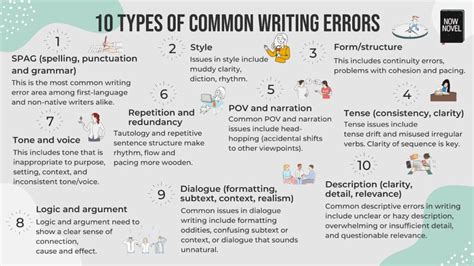When it comes to writing, having a plan can make all the difference. A well-crafted writing plan can help you stay organized, on track, and focused. It can also help you avoid common pitfalls, such as writer’s block and procrastination.

There are many different ways to create a writing plan. Some writers prefer to outline their entire project in detail, while others prefer to take a more flexible approach. No matter which method you choose, the important thing is to have a plan that works for you.
Here are a few of the benefits of using a writing plan:
- It can help you stay organized. A writing plan can help you keep track of your thoughts and ideas. It can also help you identify any gaps in your knowledge or research.
- It can help you stay on track. A writing plan can help you break down your project into smaller, more manageable tasks. This can make it easier to stay motivated and avoid procrastination.
- It can help you avoid common pitfalls. A writing plan can help you anticipate potential problems and develop strategies for overcoming them. This can save you time and frustration in the long run.
If you’re not sure how to create a writing plan, there are many resources available to help you. You can find books, articles, and even online courses on the subject. You can also ask your teacher, professor, or writing group for advice.
No matter how you choose to create your writing plan, the important thing is to have one. A writing plan can help you write better, faster, and more efficiently.
The Truth About Writing Plans
There are many different misconceptions about writing plans. Here are a few of the most common:
- Myth: Writing plans are only for academic writing.
- Fact: Writing plans can be useful for any type of writing, from creative writing to business writing.
- Myth: Writing plans are too restrictive.
- Fact: Writing plans can actually help you be more creative. They can give you a framework to work within, which can help you generate new ideas.
- Myth: Writing plans are a waste of time.
- Fact: Writing plans can actually save you time in the long run. They can help you avoid common pitfalls, such as writer’s block and procrastination.
If you’re still not convinced that writing plans are worth the effort, consider this: According to a study published in the journal Writing and Pedagogy, students who used writing plans were able to write more effectively and efficiently than those who did not.
The study found that students who used writing plans were able to:
- Write longer and more complex essays
- Organize their thoughts and ideas more clearly
- Use more sophisticated vocabulary
- Avoid common writing errors
If you’re serious about improving your writing, then you should consider using a writing plan. It can help you write better, faster, and more efficiently.
Here are a few tips for creating a writing plan:
- Start by brainstorming your ideas. What are you writing about? What are your main points? What do you want your readers to know or do?
- Once you have a good understanding of your topic, start to outline your essay. What are the main sections of your essay? What will you discuss in each section?
- Once you have an outline, you can start to write your first draft. Don’t worry about perfection at this stage. Just get your ideas down on paper.
- Once you have a first draft, you can start to revise and edit your work. Check for errors in grammar, spelling, and punctuation. Make sure your writing is clear and concise.
- Finally, proofread your work carefully before submitting it. Make sure there are no errors and that your writing is polished and professional.
Here are a few common mistakes to avoid when creating a writing plan:
- Don’t be too vague. Your writing plan should be specific and detailed. It should identify your main points, your supporting points, and your evidence.
- Don’t be too rigid. Your writing plan should be flexible enough to allow for changes as you write. Don’t be afraid to add new ideas or delete old ones.
- Don’t procrastinate. The sooner you create your writing plan, the sooner you can start writing. Don’t wait until the last minute to start planning.
Once you have created a writing plan, you can start using it to guide your writing. Here are a few tips:
- Refer to your writing plan regularly. As you write, refer to your writing plan to make sure you’re on track.
- Make changes to your writing plan as needed. As you write, you may need to make changes to your writing plan. Don’t be afraid to do so.
- Use your writing plan to stay motivated. If you’re feeling stuck, refer to your writing plan to remind yourself of your goals.
Writing plans are a valuable tool for any writer. They can help you stay organized, on track, and focused. They can also help you avoid common pitfalls, such as writer’s block and procrastination.
If you’re not already using a writing plan, I encourage you to give it a try. You may be surprised at how much it can help you improve your writing.
